As preppers, we focus on readiness, resourcefulness, and resilience. This lifestyle is more than stockpiling supplies—it’s about building skills, planning, and developing a mindset that can handle any situation. From everyday preparedness hacks to more advanced survival strategies, here are some telltale signs you know you’re living that prepper life.
1. You Have a “Go Bag” Packed and Ready
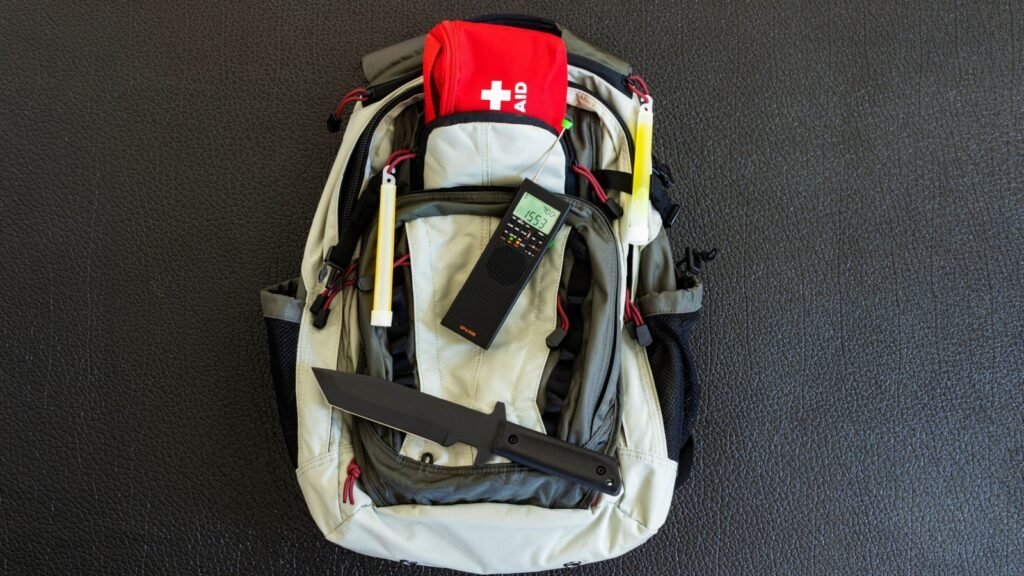
A well-stocked “go bag” is a non-negotiable. Mine’s filled with essentials—water, food, first aid, multi-tool, flashlight, and more—and is ready to grab at a moment’s notice. It’s like my insurance policy for unexpected situations.
2. You Buy Food Based on Shelf Life
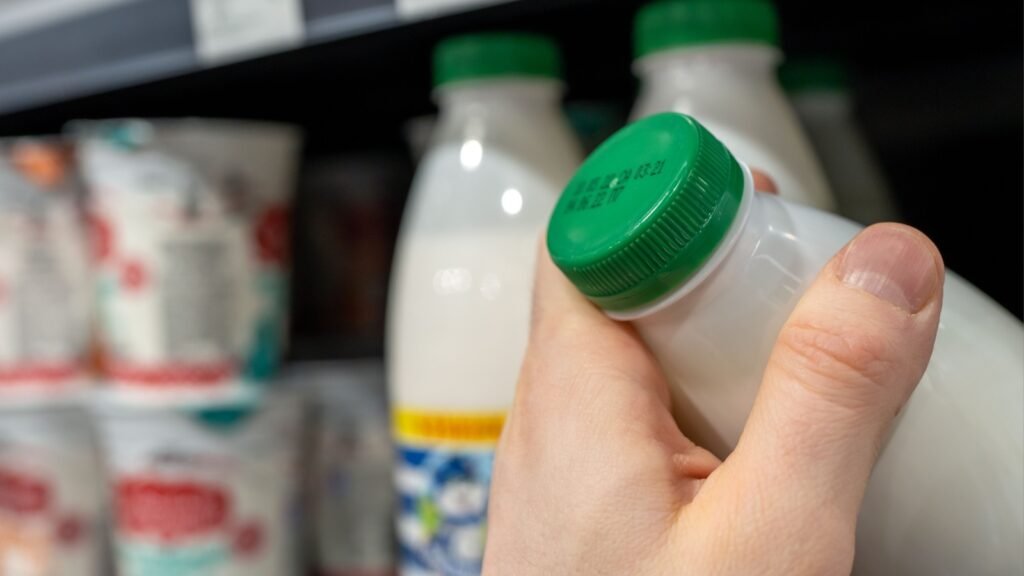
I’m not just looking at price and taste; I’m checking expiration dates and shelf stability. Whether it’s canned goods, dried beans, or freeze-dried meals, everything in my pantry is chosen for its ability to last through the long haul.
3. You Have Enough Water Stored for Weeks
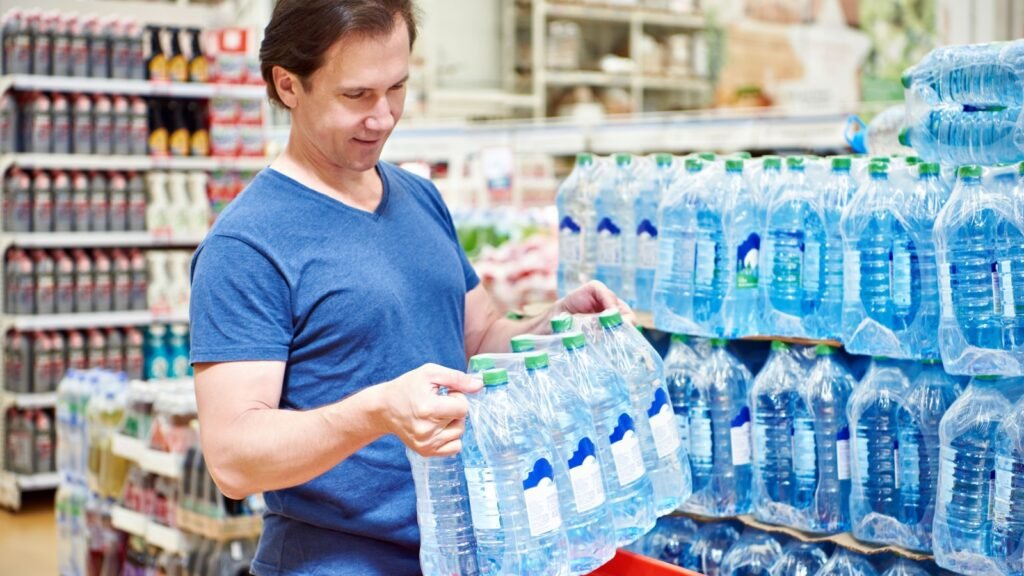
Water is crucial, so I keep gallons tucked away in storage. I aim for at least two weeks’ worth per person, and I’ve even got purification tablets and filters as a backup.
4. You’ve Got a Backup Power Source
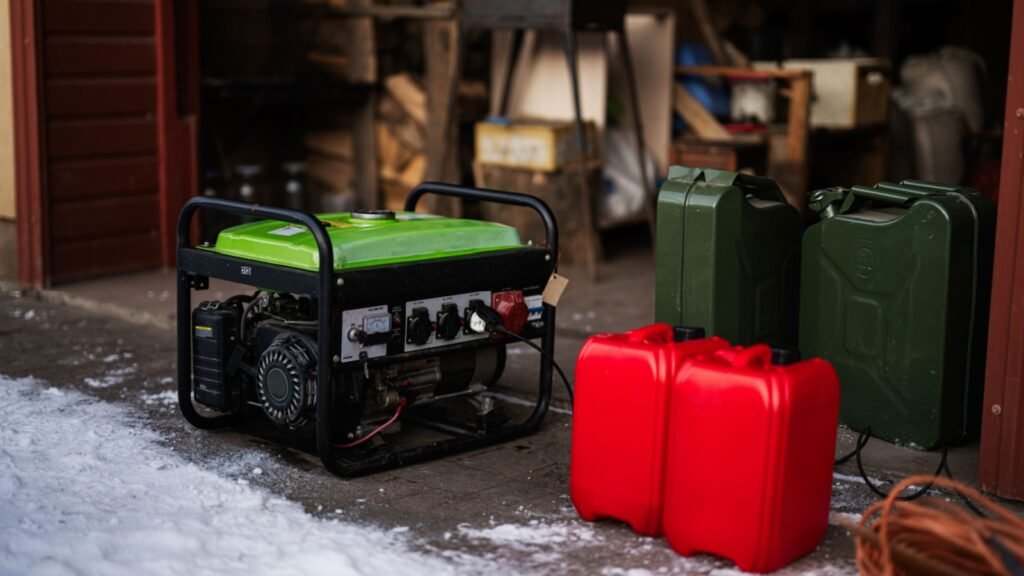
From solar chargers to gas generators, I’ve got options for when the grid goes down. Having a power backup means I can keep key electronics running, especially in an emergency.
5. First Aid Kits Are in Every Room and Vehicle
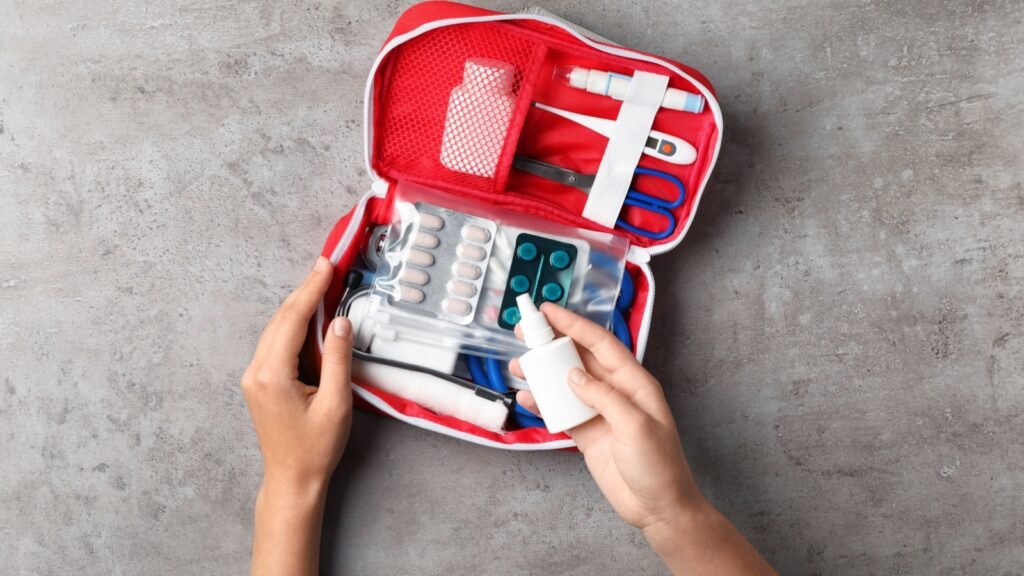
Preparedness means safety, so I keep first aid kits where they’re most likely to be needed—in the car, the bathroom, the kitchen, and my go-bag. Each kit is well-stocked with essentials like bandages, antiseptics, and pain relievers.
6. You Plan Out Meals That Can Be Made Without Power
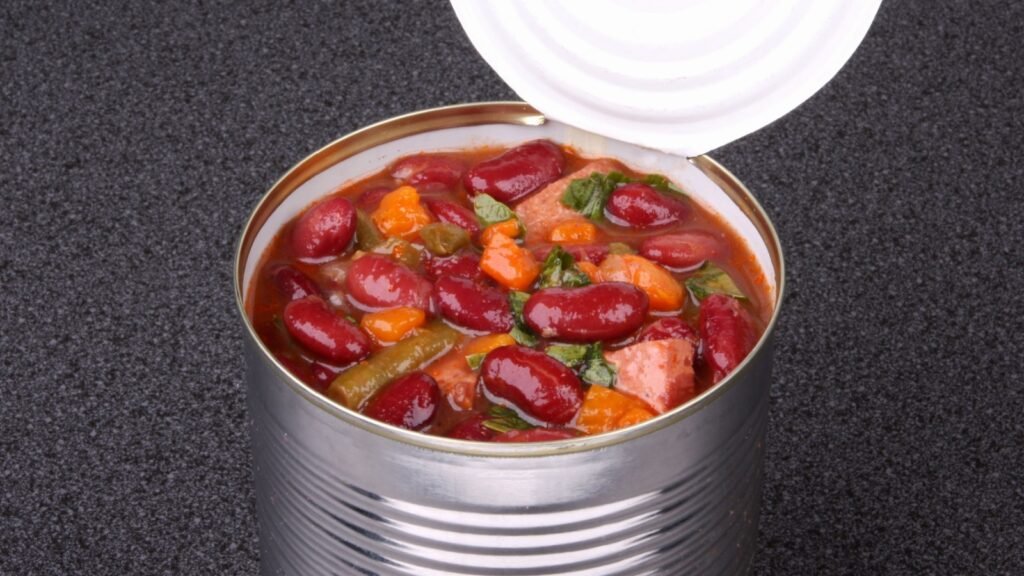
With a stash of canned and shelf-stable food, I’ve planned meals that don’t rely on electricity or gas. Simple, calorie-dense options keep energy up and morale steady when cooking isn’t an option.
7. Friends Joke About Your “Doomsday Supplies”
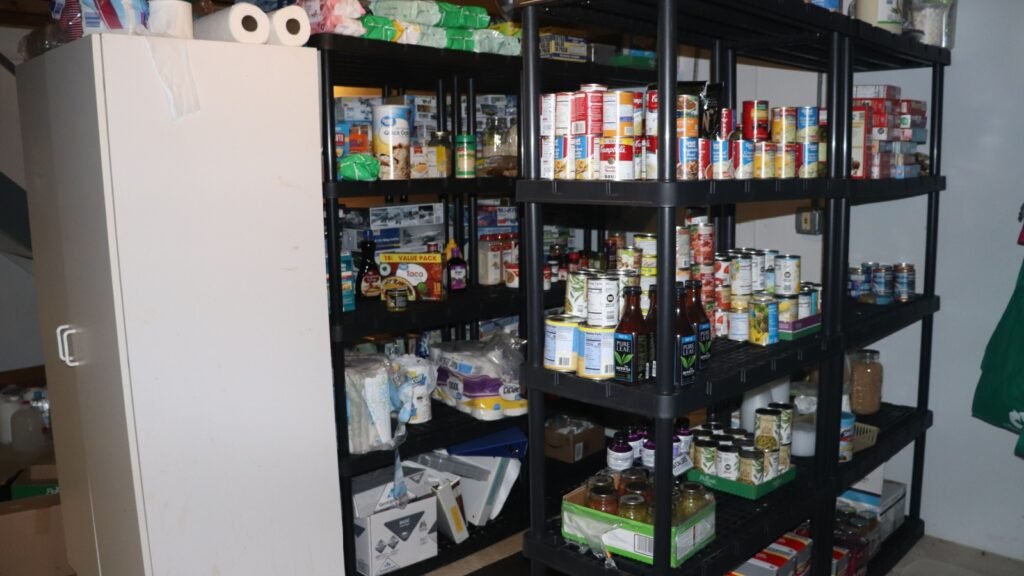
If I had a dollar for every time someone made a joke about my pantry or supplies, I’d be rich! But the truth is, I’d rather be ready than unprepared if things ever go sideways.
8. You Practice Starting Fires Without Matches
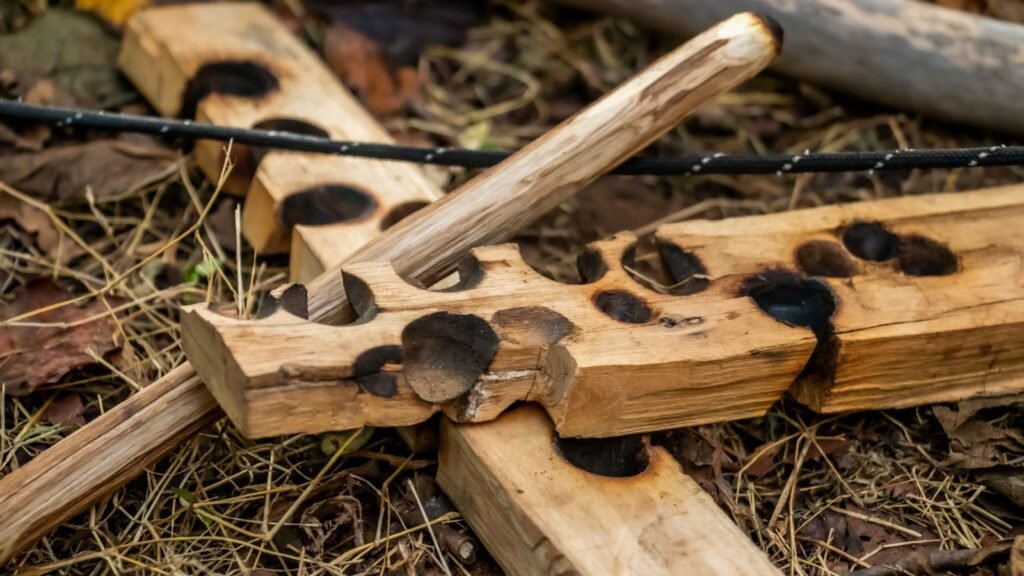
Whether it’s with flint and steel, a bow drill, or another method, I make sure I can start a fire without relying on lighters or matches. Fire-making is one of those skills that makes a huge difference in survival situations.
9. You’ve Memorized the Basics of Water Purification
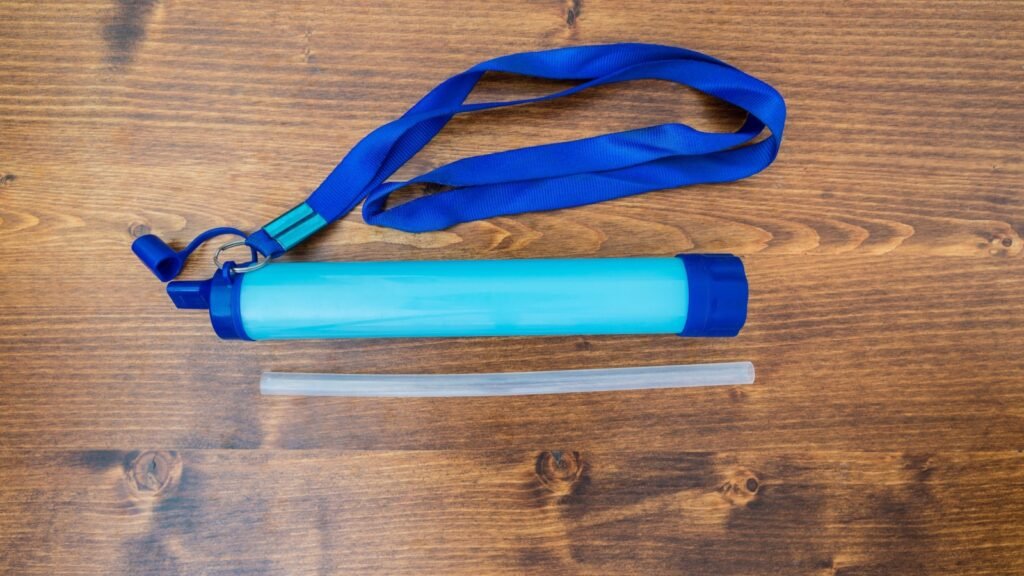
Clean water is non-negotiable, and I’ve learned how to purify it in multiple ways—boiling, filtering, and even using purification tablets. These skills give me peace of mind, especially in the wilderness.
10. You’ve Stockpiled Medical Supplies for Every Situation
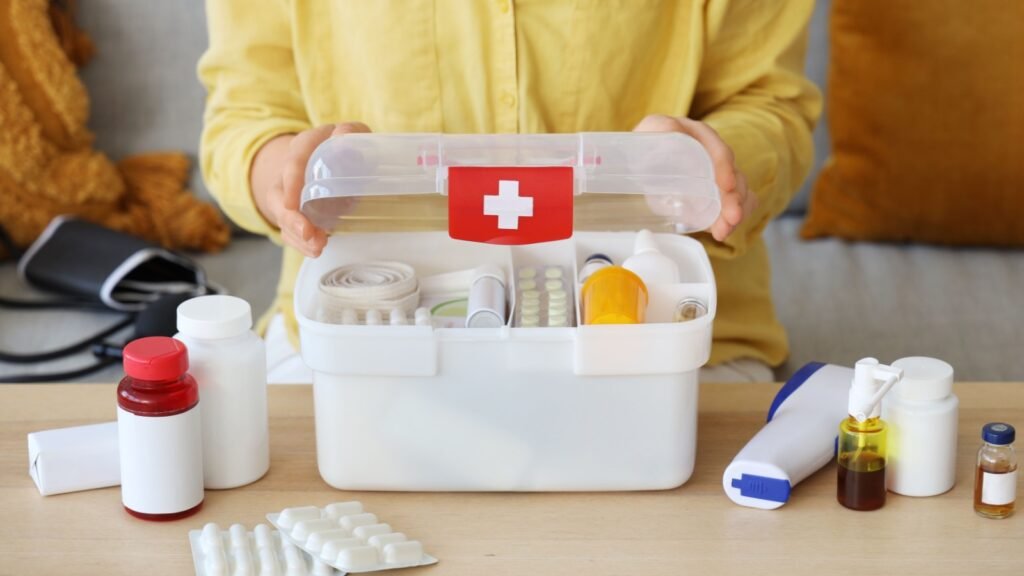
Beyond basic first aid, I’ve got supplies like antiseptics, gauze, tourniquets, and even antibiotics. It’s about being ready for any medical situation that could arise, especially when help isn’t immediately available.
11. Maps and Compass Skills Are Second Nature
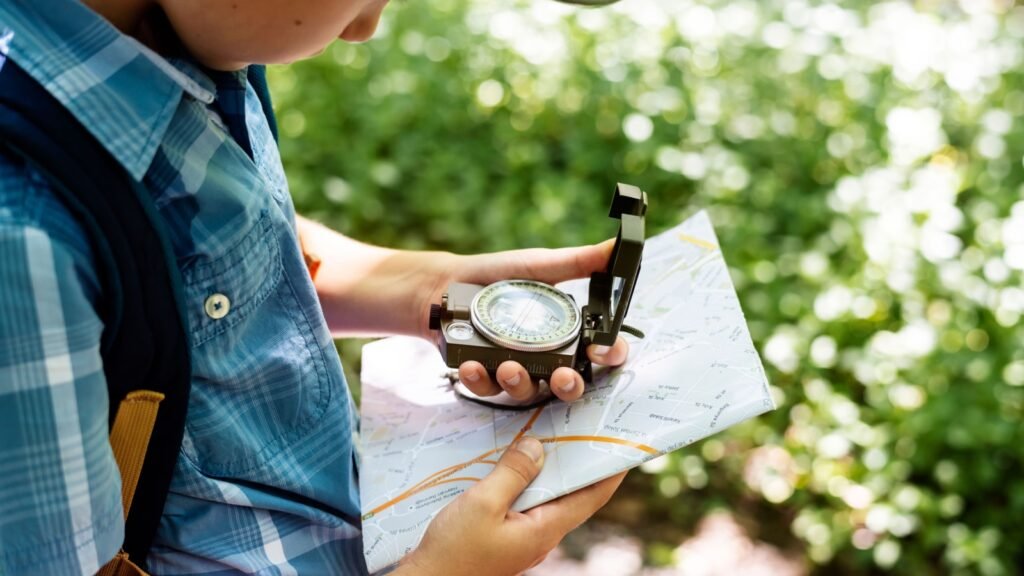
GPS is great, but I don’t rely on it. I’ve practiced reading maps and using a compass so that I can navigate if electronics fail. Orientation is a crucial skill, and it keeps me ready for anything.
12. You Have a Generator and Know How to Use It
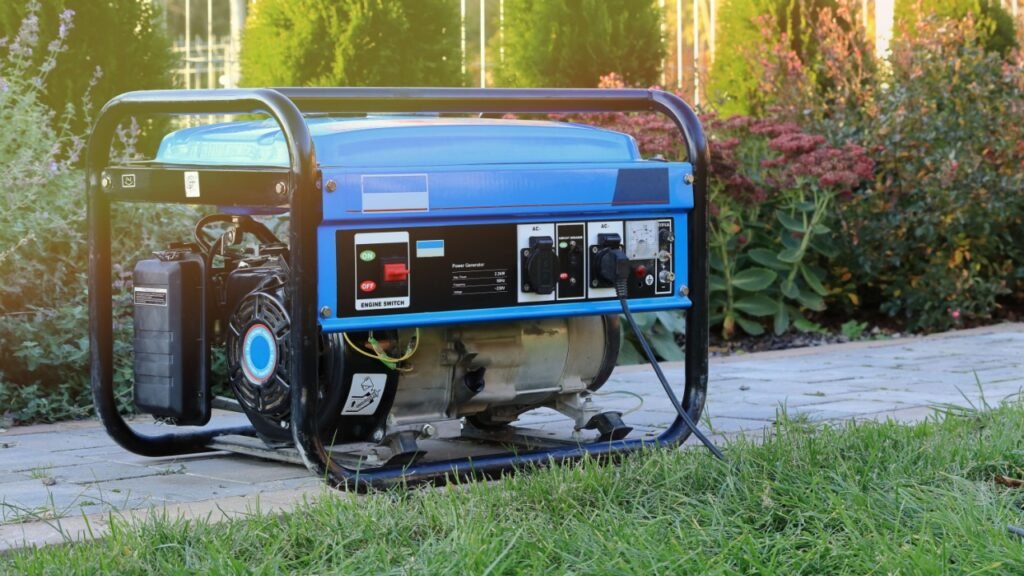
Having a generator is only half the battle—I make sure I know how to run and maintain it. A generator keeps essentials powered and offers peace of mind in longer-term outages.
13. You’ve Taught Your Family Basic Emergency Skills
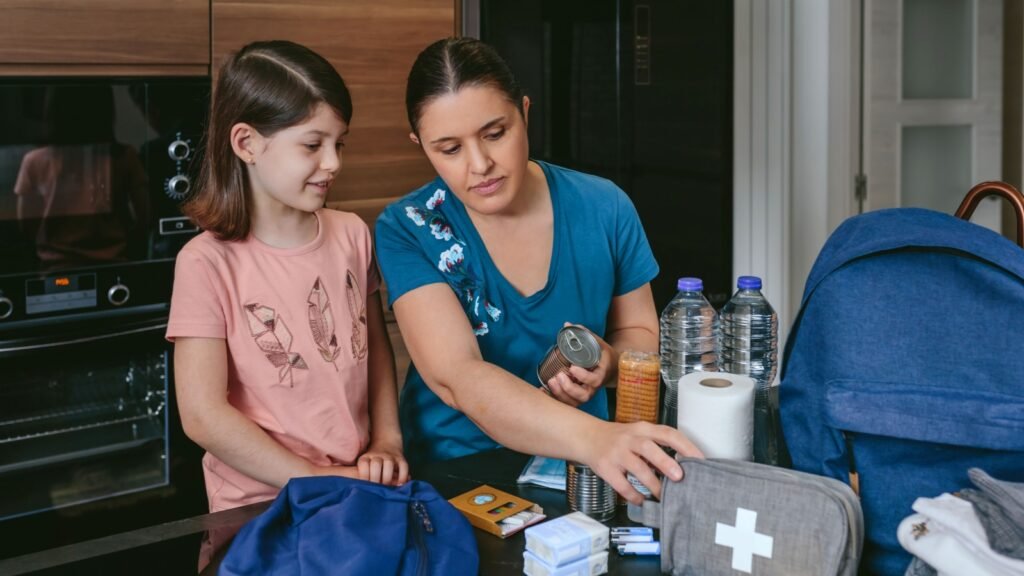
It’s not just about me; everyone in my family knows how to handle basic emergency tasks, from first aid to locating and using our supplies. Being prepared means making sure my loved ones are ready, too.
14. You Keep an Emergency Radio on Hand
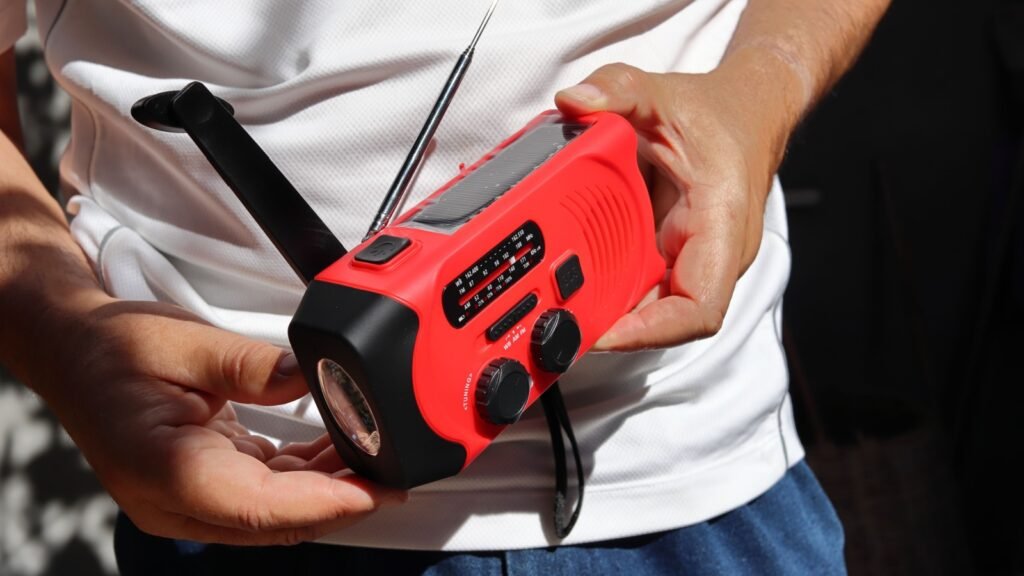
Staying informed during an emergency is critical, so I keep a battery-powered or hand-crank radio ready. This way, I can listen to weather alerts and updates even if phone networks are down.
15. You Practice the “Rule of Threes”
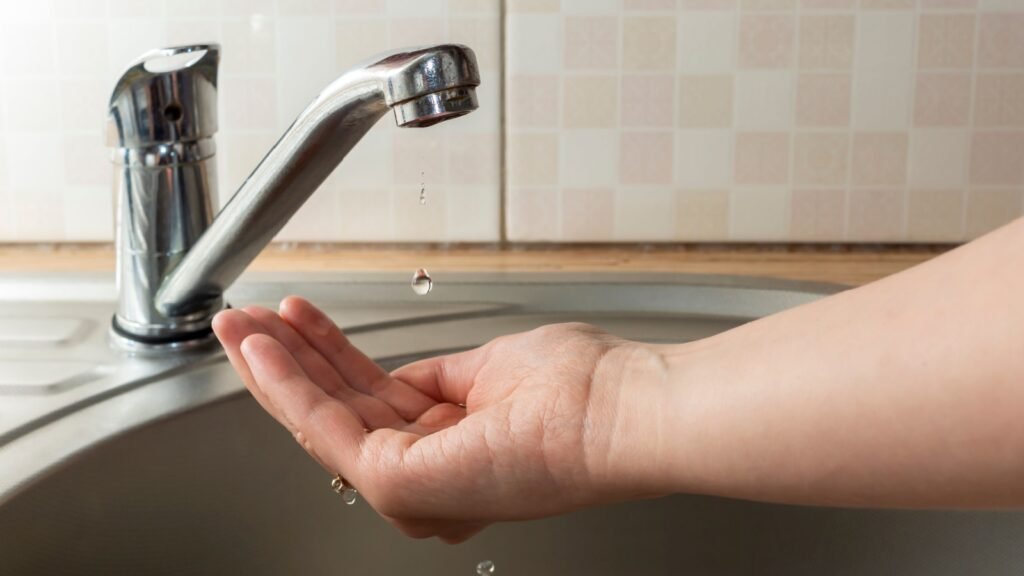
The rule of threes guides my prepping: three minutes without air, three hours without shelter, three days without water, and three weeks without food. Knowing these limits helps me prioritize resources and actions.
16. You’re a Pro at Canning and Food Preservation
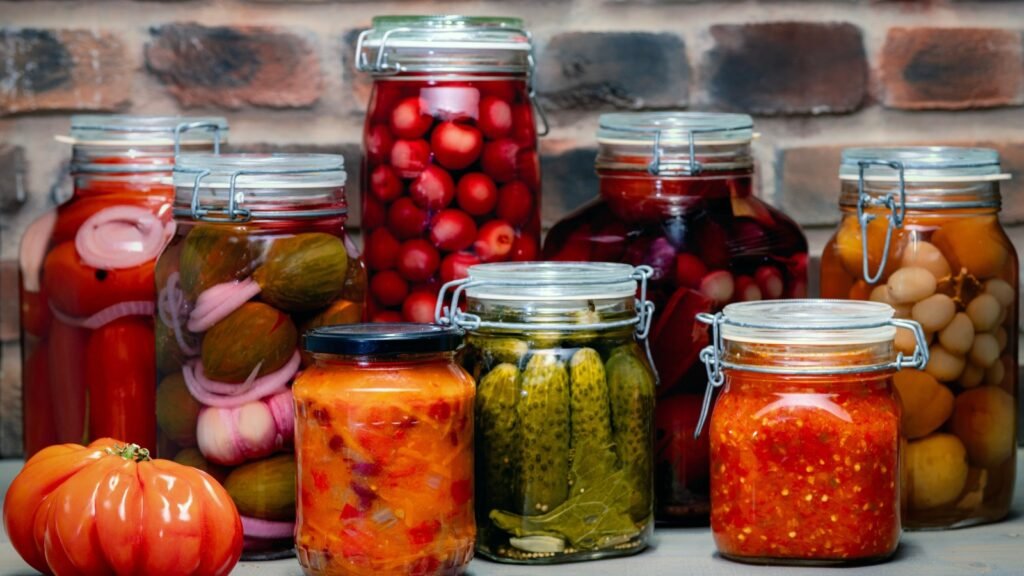
I don’t just buy shelf-stable food—I preserve my own! From canning veggies to dehydrating fruit, food preservation is an essential part of staying stocked and self-sufficient.
17. You’ve Considered Alternative Cooking Methods
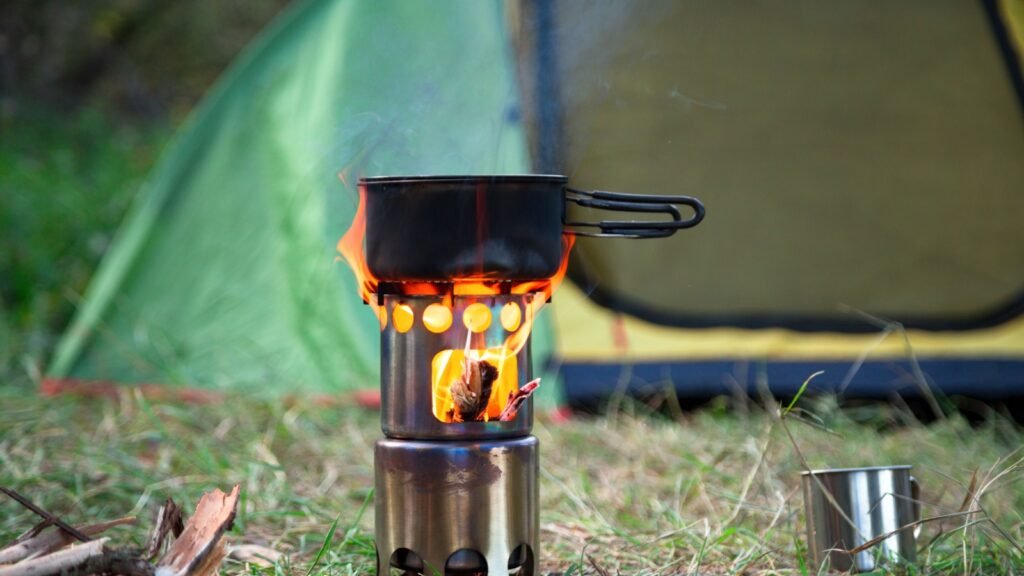
Whether it’s a rocket stove, camping stove, or solar oven, I’ve got a few ways to cook without electricity. I practice with them, too, so that cooking without power feels normal.
18. You Always Have a Flashlight Within Reach
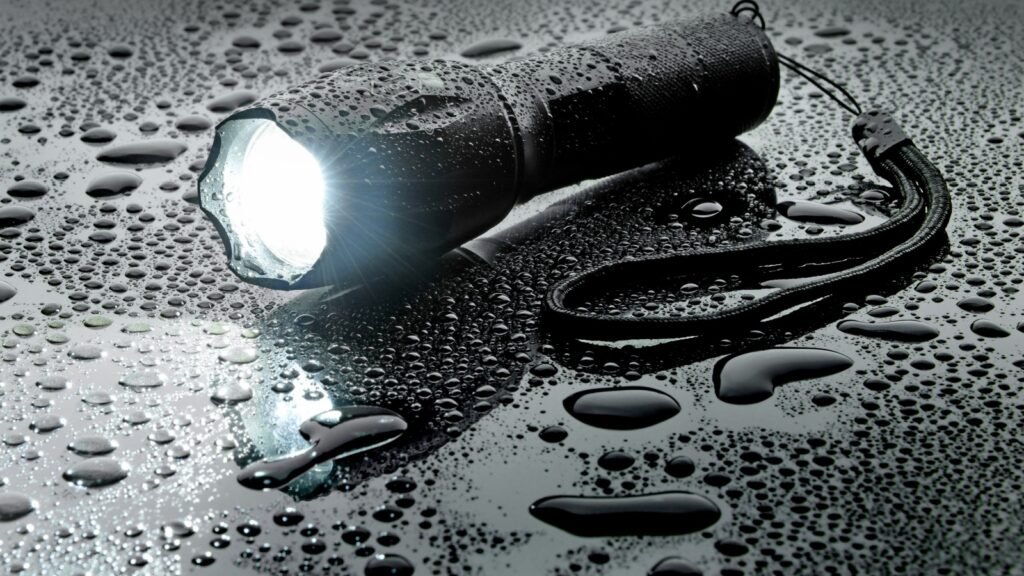
Every room in my house has a flashlight, and I carry one with me at all times. A reliable source of light is essential in emergencies, especially in power outages or dark conditions.
19. You Rotate Your Supplies Regularly
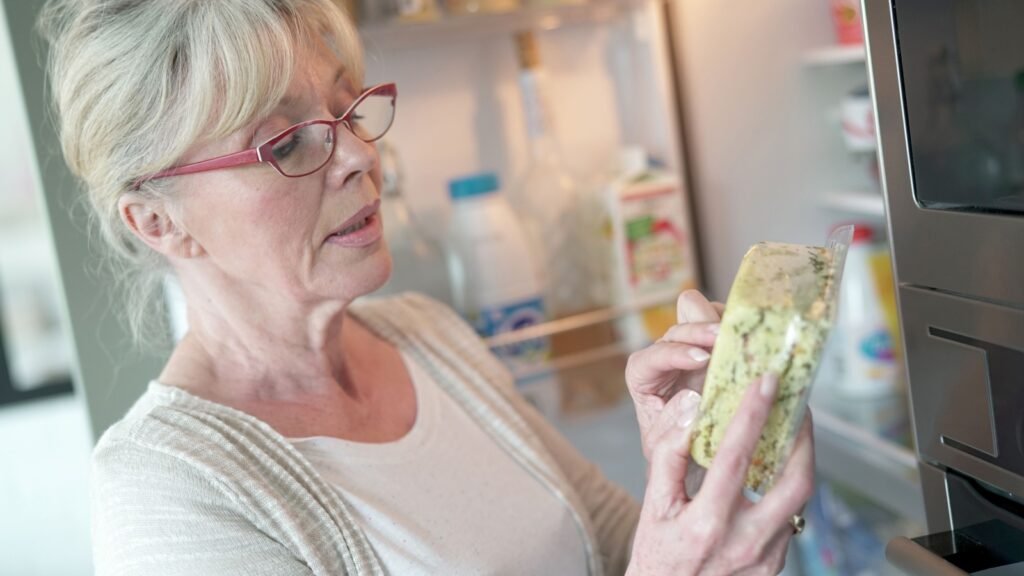
Stockpiling isn’t a one-time task; I keep track of expiration dates and rotate supplies. This way, I know my pantry is always fresh, and nothing goes to waste.
20. You Keep Cash on Hand for Emergencies
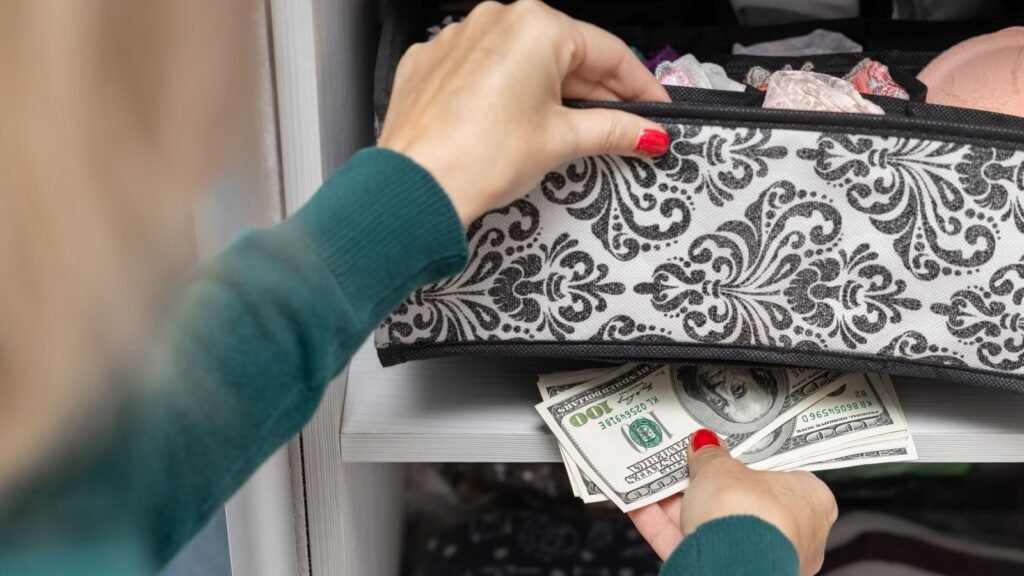
If ATMs go down, digital payments won’t help. I keep a stash of cash in small bills so that I’m ready for any scenario where I need to buy supplies without relying on cards or apps.
21. You Have Plans for Short- and Long-Term Emergencies
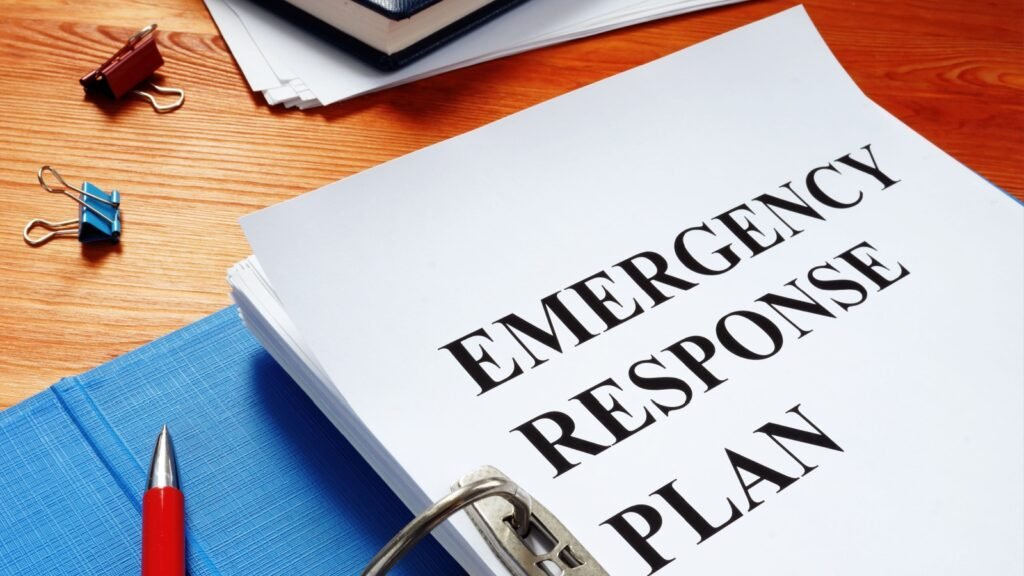
My preparedness covers all bases, from minor power outages to natural disasters that could last weeks. I’ve planned for both types of situations, with supplies and skills to match.
22. You Know How to Forage for Edible Plants

Learning about local edible plants means I can find food even if my supplies run low. I’ve practiced identifying safe-to-eat plants in my area so that I’m confident in what nature provides.
23. You’ve Practiced Emergency Drills at Home
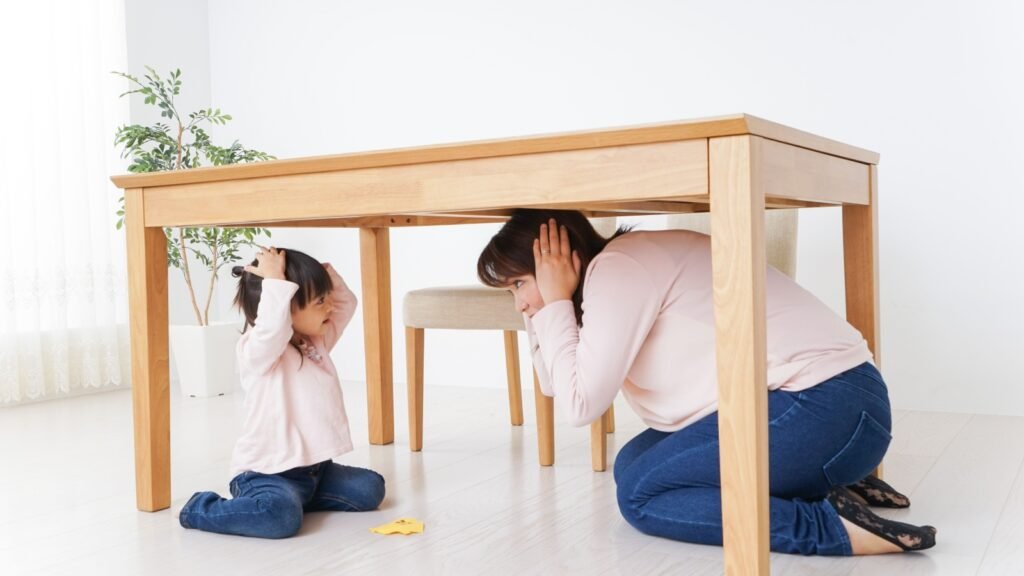
Regular drills help me (and my family) stay sharp. We run through scenarios like evacuation routes, fire safety, and using our go bags. Practice means we’ll be calm and ready if a real emergency happens.
24. You’re Always Adding New Skills to Your Repertoire

Prepping is about continuous learning. Whether it’s fishing, knot-tying, or basic mechanics, I’m always adding new skills to be ready for any challenge.
25. You’re Known for Your Detailed Checklists
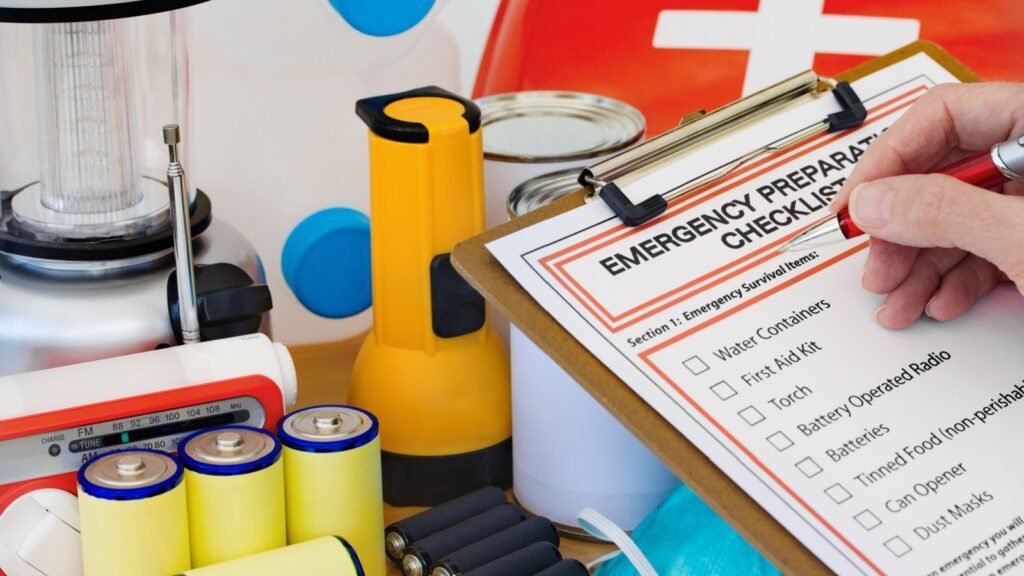
Lists help me stay organized and ensure nothing’s missed. I keep checklists for everything—from my go bag to food supplies—to keep track of what I have and what needs updating.
26. You Have a Tactical Mindset for Self-Defense
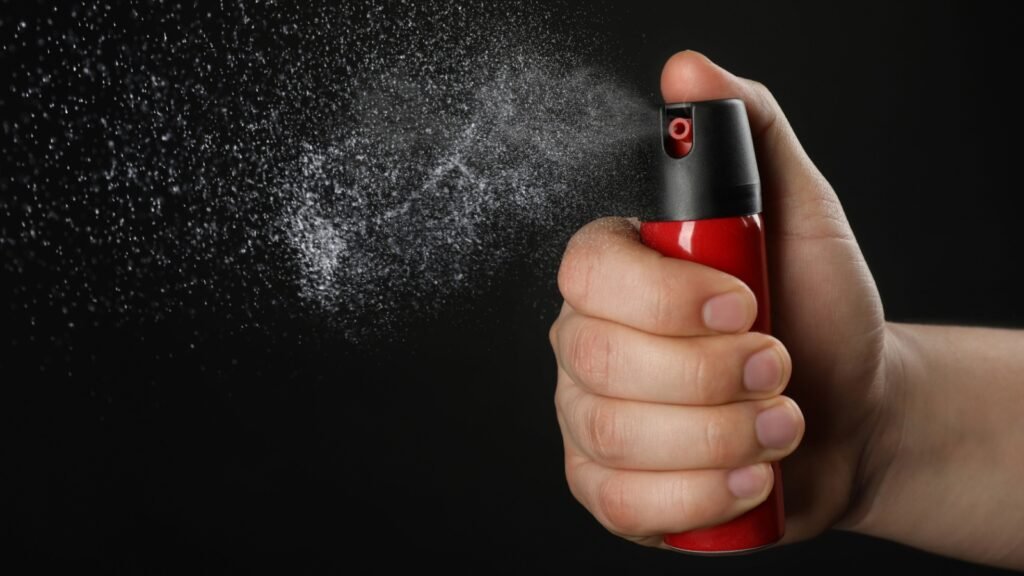
I believe in being prepared for every possibility, and that includes self-defense. I train regularly, stay aware of my surroundings, and have tools ready for keeping my family safe.
27. You Own Multiple Water Purification Systems
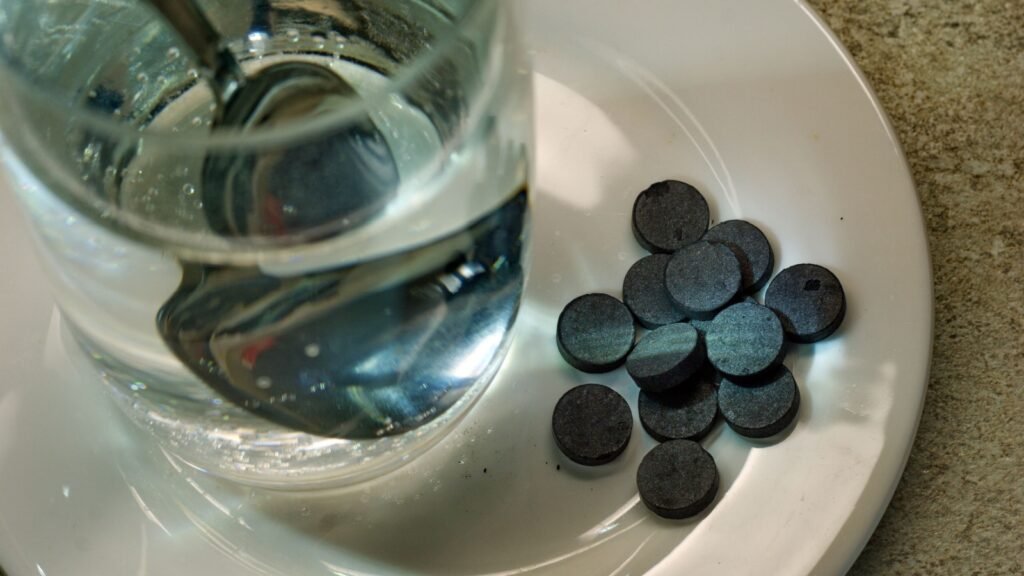
One method isn’t enough; I have backups. From portable filters to purification tablets, I make sure I have multiple ways to get clean water, no matter where I am.
28. You Own a Fire Extinguisher—Or Several
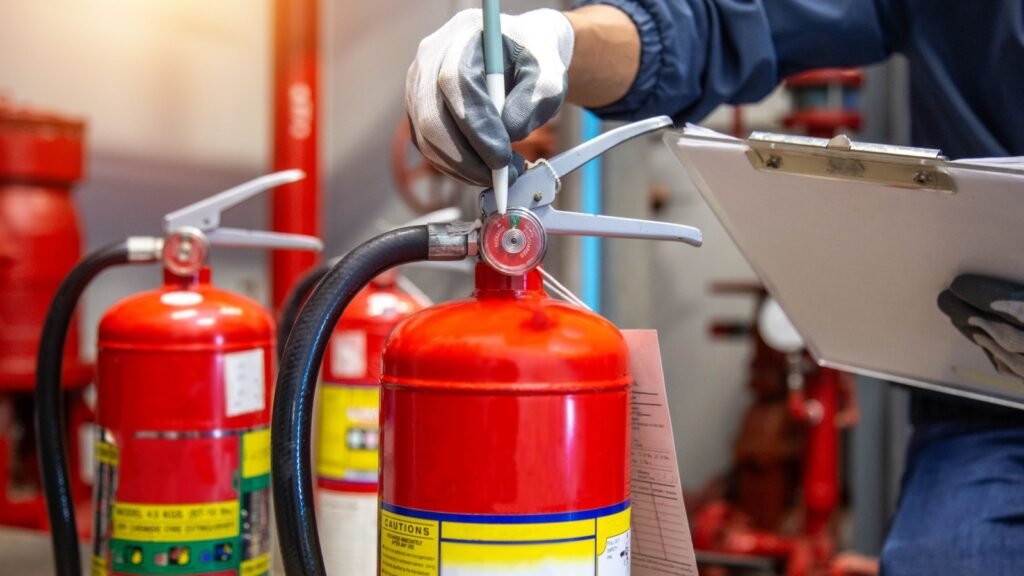
Fires can happen anytime, so I keep extinguishers in critical areas around the house. Being able to quickly handle a fire can be the difference between a minor issue and a disaster.
29. You Garden to Supplement Your Food Supply
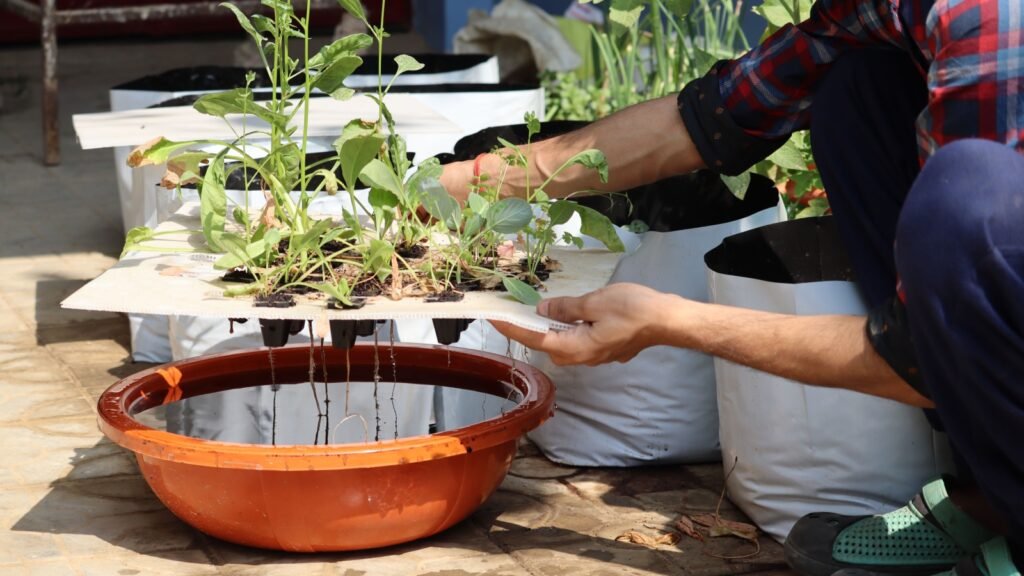
Growing food is a cornerstone of preparedness. I raise vegetables, herbs, and maybe even some fruit, giving me a renewable source of fresh food and a valuable skill for self-reliance.
30. You Know the Location of Every Utility Shutoff in Your Home
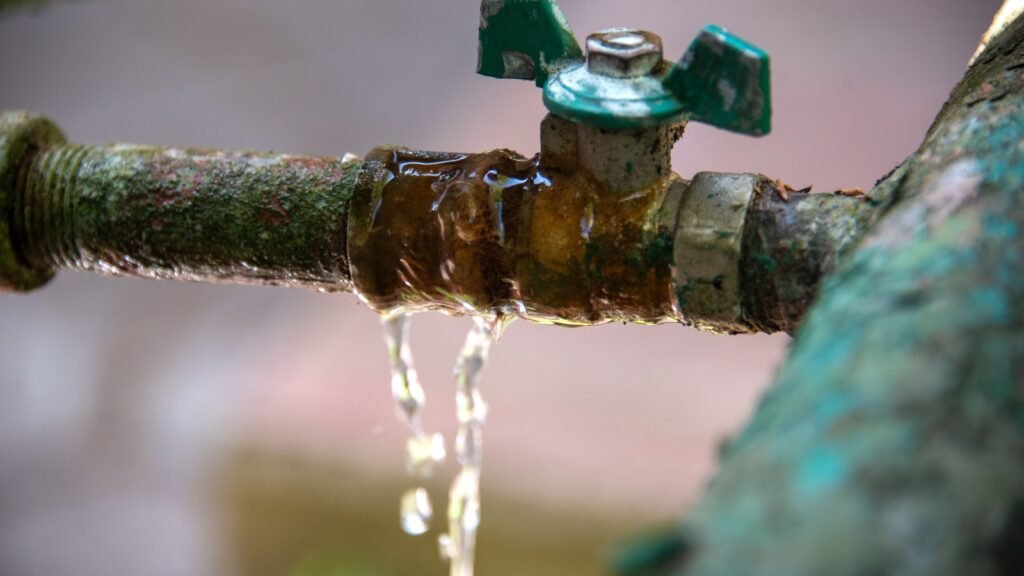
Being able to quickly shut off gas, water, or electricity is vital in an emergency. I’ve made sure everyone in my household knows exactly where each shutoff valve is.
31. You Keep a Stockpile of Non-Food Essentials
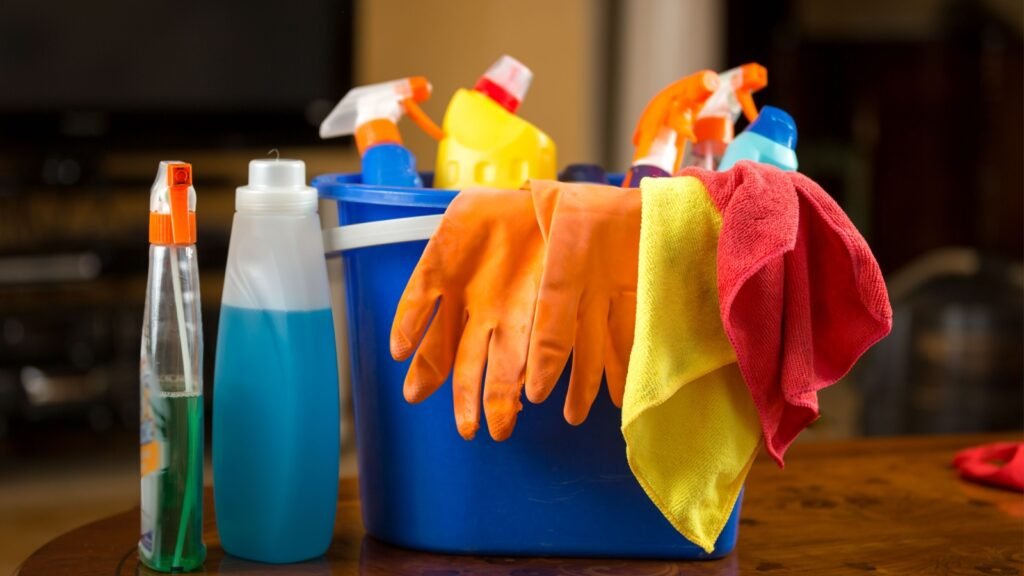
Toilet paper, soap, batteries—non-food essentials are just as important as food. I stock up on these basics so I’m ready to ride out any situation comfortably.
32. You’ve Got a Backup Communication Plan
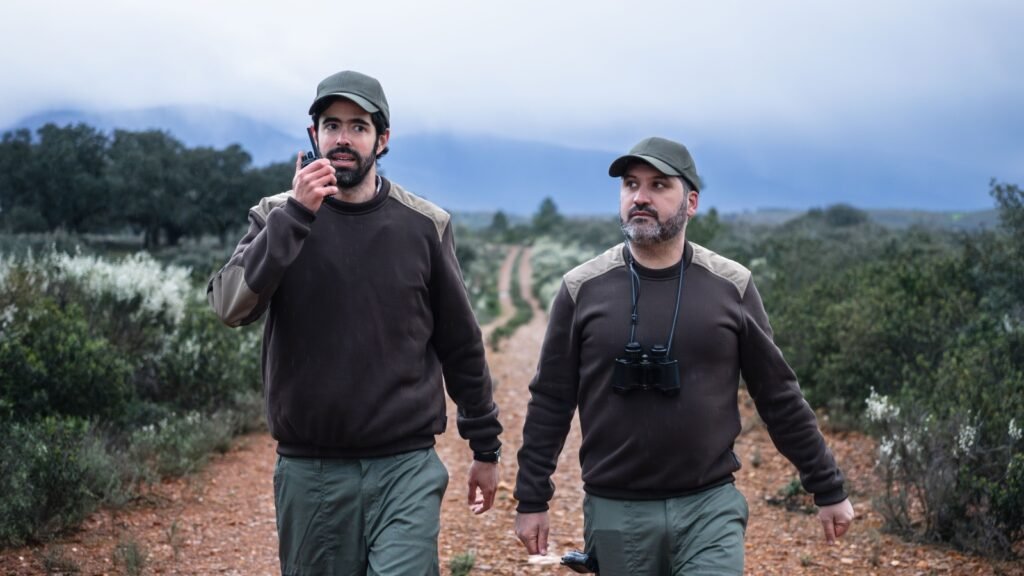
If cell service fails, I’ve got walkie-talkies and a list of family contacts. Staying connected is crucial, so I keep alternative ways to communicate ready to go.
33. You Track Local and Global News Closely
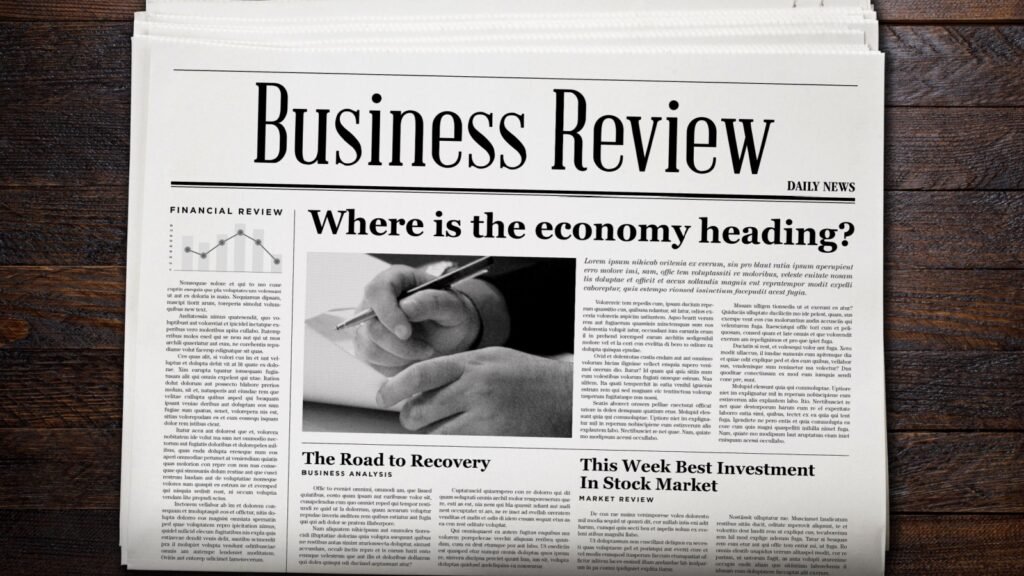
Keeping up with the news is part of my daily routine. Staying informed means I’m always ready to make decisions based on the latest information, from local weather to global trends.

